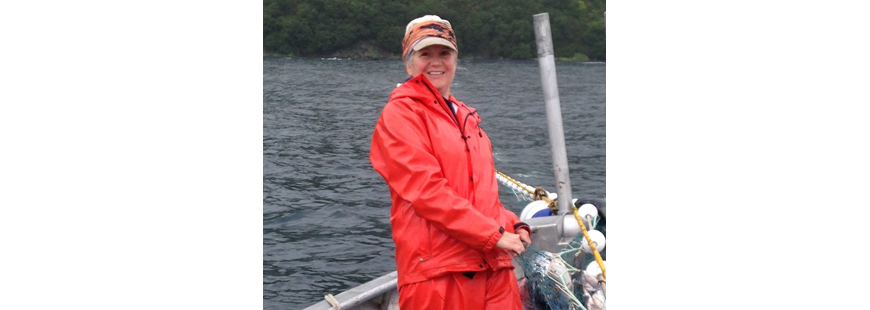April is a predictable month in Alaska. The days grow longer, the snow melts, foliage blossoms and salmon feel the call home. Fishermen and policy-makers fight their own pull back to the sea and train their attention on the last few meetings before the lives of thousands of commercial fishermen and processors will revolve around those fish, something we consider to be quite normal.
The North Pacific Fishery Management Council (Council) meets the first week of every April. These meetings are scheduled years ahead of time with a comprehensive agenda. Attendees know where they will be and when. But this year it feels like the only thing we know for sure is that the salmon are headed this way.
This year’s Council meeting was cancelled along with all the associated committee meetings. Months of planning – cancelled along with hundreds of flights and hotel reservations. This is just one meeting, one Council in one region. In the scope of things, the cancellation wasn’t even a blip on the radar for most. But in our world, the world of Alaska fishermen and policy makers, it seemed like a big deal at the time. Today, with the spread of Covid-19 and the myriad considerations Alaska fishermen are working through for their families and businesses, the fishery management element feels fairly solid, meeting or not.
Last week it was announced that the June meeting will be held remotely, through a webinar. The agenda was scaled back and will focus on issues requiring timely Council action, such as setting harvest limits and rebuilding plans. Basically, the Council will work to do what needs to be done but leave major decisions for subsequent in-person meetings.
The Council is stakeholder driven and local-level participation is critical to the development of rules that the fishermen and fishing communities then live by. The Council developed the regulatory decisions that are in place today under a rigorous decision making process, and they comply with the Magnuson-Stevens Act (MSA), the National Environmental Policy Act, and the Regulatory Flexibility Act along with any other applicable laws and executive orders. While a regulatory change requires a lengthy process, often years, that process is transparent and public. Final approval for a regulatory change comes from the Secretary of Commerce after another public comment period based on the Council’s final recommendations.
The guidance of MSA provides a level of confidence that fisheries management is working as intended under normal operating conditions and in times of crisis. The core conservation measures that are in place today are critical for sustainable fisheries and healthy marine ecosystems. MSA helped America rebuild fishery stocks and grow dynamic coast-to-coast economies. As fisheries modernize and ecosystems change, maintaining high standards will keep these resources and coastal communities strong.
American fisheries feed the world and are crucial to coastal food security. From remote fish docks to grocery retailers, engine companies to restaurants, fisheries bolster a robust supply chain. Fishing communities and their national partners rely on foundational policies that provide long term stability to this vital and complex industry. And as Alaska’s fishermen ready themselves for a salmon season unlike any they’ve seen before, they can go to work knowing that our foundational conservation regulations, along with the organizations that fight for them, are still hard at work, too.


